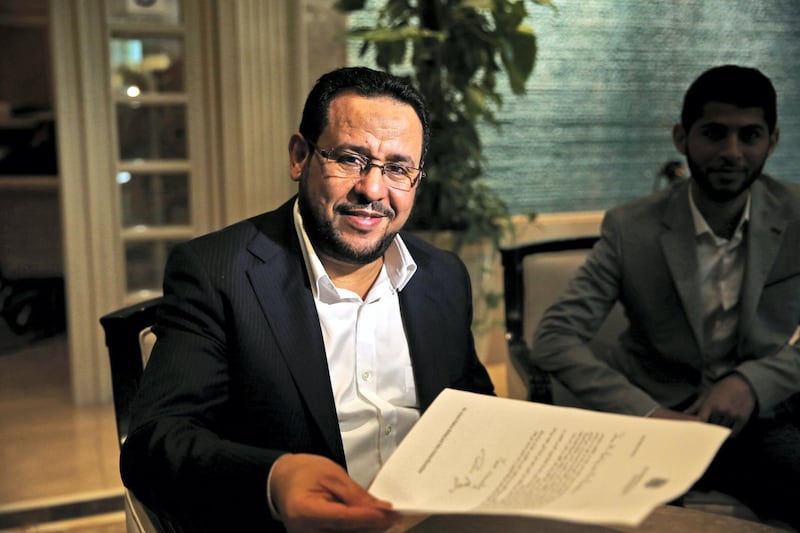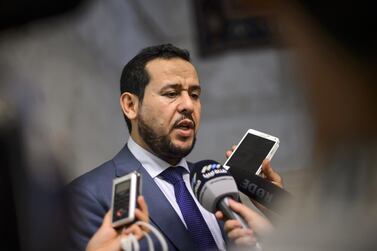British lawyers working for Libyan warlord Abdelhakim Belhaj were paid more than half the £11 million of taxpayer’s money spent on official efforts to fight demands for an apology, compensation and prosecutions over his rendition.
Fatima Boudchar and Mr Belhaj were seized and detained in 2004 in Thailand, in a secret operation carried out by the CIA based on information disclosed to them by the UK’s foreign intelligence service MI6. After being sent back to Libya, Mr Belhaj was put in a prison controlled by dictator Muammar al-Qaddafi, where he was tortured.
After he was released in 2011, he campaigned through British lawyers for an apology and compensation from the British government. From a base in Turkey, where he enjoyed the backing of the government, Bel Haj sought to have former foreign secretary Jack Straw and the retired spymaster, Sir Mark Allen, appear in court to testify on events.
The eight-year legal battle, which cost £11.4 million in total, included almost £7 million for Mr Belhaj's lawyers, Leigh Day, according to a Freedom of Information Request response. Leigh Day declined to comment on the case when contacted by The National.
After a Supreme Court ruling that meant that Belhaj could take the government to court, British prime minister Theresa May apologised to the dissident and his wife in May 2018 and accepted that the UK shared information with Libya that led to his capture. The Belhaj couple dropped the case in return for compensation as well as the apology.
In a letter to the Mr Belhaj and his wife, Mrs May said: “On behalf of Her Majesty’s Government, I apologise unreservedly… what happened to you is deeply troubling. It is clear that you were subjected to appalling treatment and that you suffered greatly.”
“We should have understood much sooner the unacceptable practices of some of our international partners. And we sincerely regret our failures,” May declared. “We shared information about you… we should have done more to reduce the risk that you would be mistreated. We accept this was a failing on our part.”
In June 2017, Leigh Day and three of its solicitors were cleared over allegations of professional misconduct over Iraq War murder compensation claims. The allegations were over the way in which legal claims – that British soldiers tortured and murdered Iraqi detainees after the so-called battle for Danny Boy near Basra in 2004 – were pursued.
After the battle, fighting broke out after members of the Mahdi Army militia ambushed a UK military patrol. It was alleged that some Iraqis were captured and taken back to a British army base where they were tortured and murdered.
The Al Sweady inquiry in 2014 found the claims to be false and that the Iraqi claimants were not innocent civilians but members of the Mahdi Army. A personnel list was issued by the Office of the Martyr al-Sadr (OMS), a Shia militia group, revealed the claimant's identities.
The firm and its partners denied any wrongdoing, claiming that they did not know that their clients were part of the Madhi Army.







